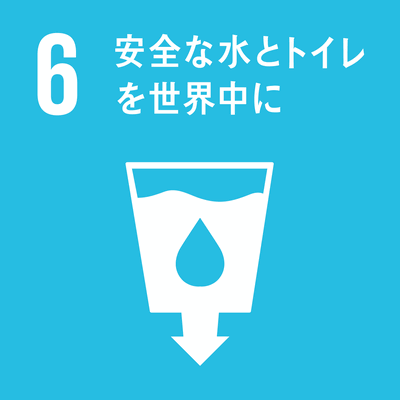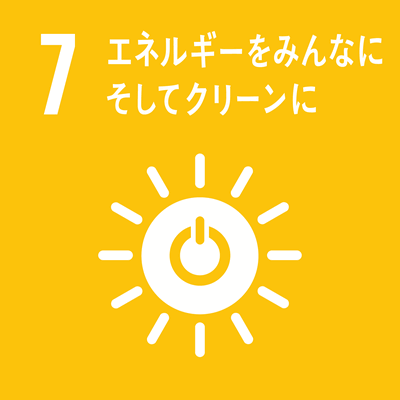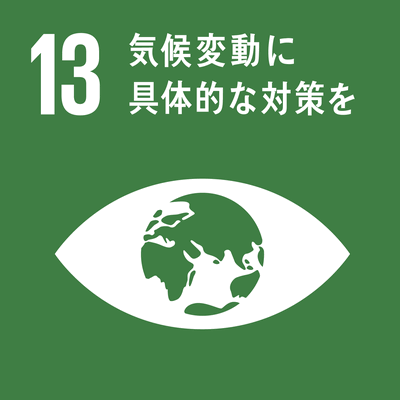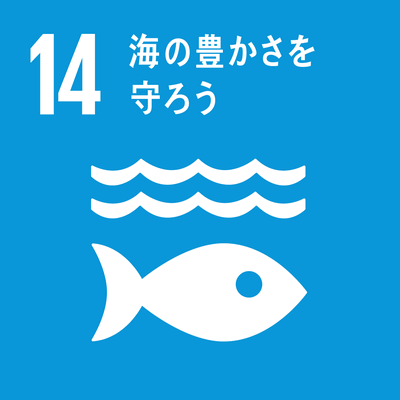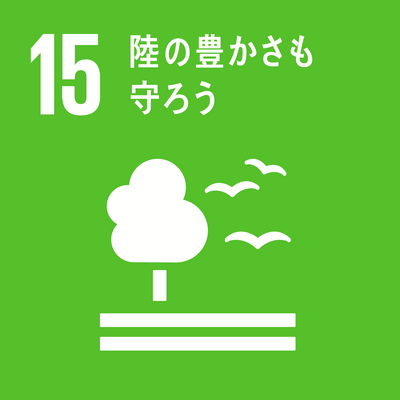シラバス表示
シラバスの詳細な内容を表示します。
→ 閉じる(シラバスの一覧にもどる)
科目の基本情報
| 開講年度 | 2024 年度 | |
|---|---|---|
| 開講区分 | 国際交流センター(国際キャリアアップコース) | |
| 受講対象学生 |
学部(学士課程) : 1年次, 2年次, 3年次, 4年次, 5年次, 6年次 大学院(修士課程・博士前期課程・専門職学位課程) : 1年次, 2年次 大学院(博士課程・博士後期課程) : 1年次, 2年次, 3年次, 4年次 |
|
| 選択・必修 | ||
| 授業科目名 | 環境問題と社会B | |
| かんきょうもんだいとしゃかいびー | ||
| Environmental Issues and the Society B | ||
| 単位数 | ※ 単位 | |
| ナンバリングコード | ||
| 開講学期 |
後期 |
|
| 開講時間 |
水曜日 5, 6時限 |
|
| 授業形態 |
対面授業 * 状況により変更される可能性があるので定期的に確認して下さい
「オンライン授業」・・・オンライン会議ツール等を利用して実施する同時双方向型の授業 |
|
| 開講場所 | 国際交流センター 演習室3・4(総合研究棟Ⅱ2階) | |
| 担当教員 | ヴォー タン グェン (国際交流センター) |
|
| VO THANG NGUYEN (CIER) |
||
| vtnguyen@cie.mie-u.ac.jp | ||
| SDGsの目標 |
|
|
| 連絡事項 | * 状況により変更される可能性があるので定期的に確認して下さい |
|
学修の目的と方法
| 授業の概要 | The goal is to analyze and assess a range of environmental concerns encompassing global warming, biodiversity, and water purification. 2) Additionally, it aims to foster an understanding of the profound implications of these environmental challenges on life and sustainability. |
|---|---|
| 学修の目的 | The objective is to cultivate students' heightened consciousness regarding the environment and the interconnected global issues surrounding it. By exploring diverse perspectives, students can grasp the intricate dynamics fueling global movements for change. Furthermore, this endeavor aims to equip students with foundational language skills essential for engaging in meaningful discourse on these pressing topics at an international level. |
| 学修の到達目標 | Gain insights into the present environmental landscape by engaging with the findings of the environmental reports. Develop proficiency in articulating and comprehending environmental challenges within Japan, spanning local and national contexts, as well as on a global scale. Enhance their capacity to navigate the intricate nuances of environmental issues, fostering a deeper understanding of the complexities involved. Acquire the skills to analyze and communicate potential solutions to environmental challenges, thus contributing to informed discourse and action in addressing these pressing concerns. |
| ディプロマ・ポリシー |
|
| 成績評価方法と基準 | 100 total points: assignment (100 points). *Students who miss 1/3 or more of classes will not receive credit. |
| 授業の方法 | 講義 |
| 授業の特徴 |
教員と学生、学生相互のやり取りが、ほぼ英語で進められる授業 |
| 授業アンケート結果を受けての改善点 | |
| 教科書 | |
| 参考書 | |
| オフィスアワー | Friday 12:00 - 12:30 (Department of Applied Chemistry, Graduate School of Engineering) |
| 受講要件 | |
| 予め履修が望ましい科目 | |
| 発展科目 | |
| その他 |
This class is conducted in English. このクラスは英語で実施されます。 |
授業計画
| MoodleのコースURL |
|---|
| キーワード | 環境問題、水、エネルギー、エコシステム、伝統と文化 |
|---|---|
| Key Word(s) | Environmental Issue, Water, Energy, Eco-Systems, Tradition & Culture |
| 学修内容 | Class 1: Course Introduction. Class 2: Environmental chemistry Part I Class 3: Environmental chemistry Part II Class 4: Energy I Class 5: Energy II Class 6: Water purification I Class 7: Water purification II Class 8: Compound toxicity I Class 9: Compound toxicity II Class 10: Air pollution I Class 11: Air pollution II Class 12: Environmental sustainability I Class 13: Environmental sustainability II Class 14: Environmental sustainability III Class 15: Conclusion |
| 事前・事後学修の内容 | Prior to the following week’s class, students will be assigned various prep work assignments. |
| 事前学修の時間:120分/回 事後学修の時間:120分/回 |
